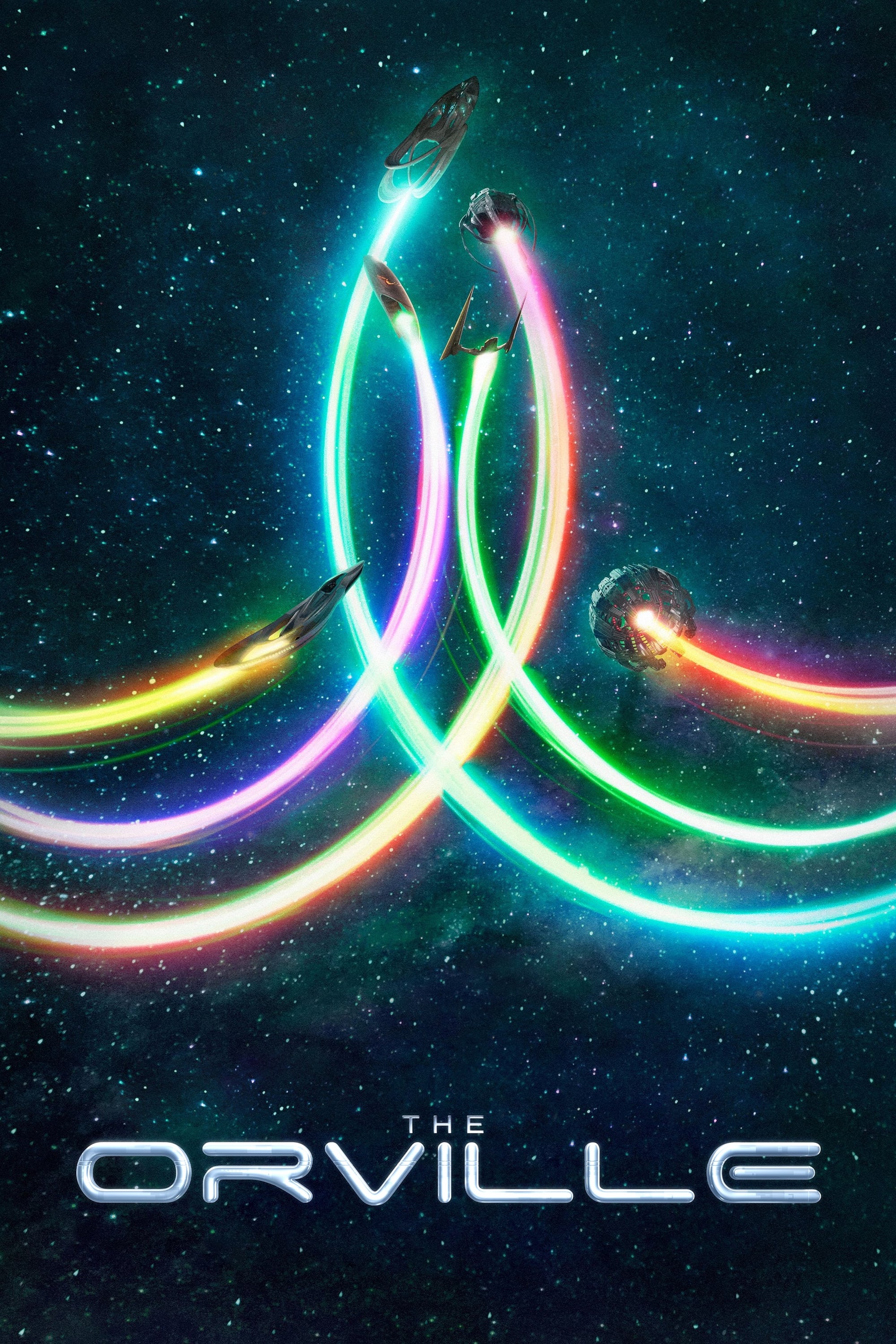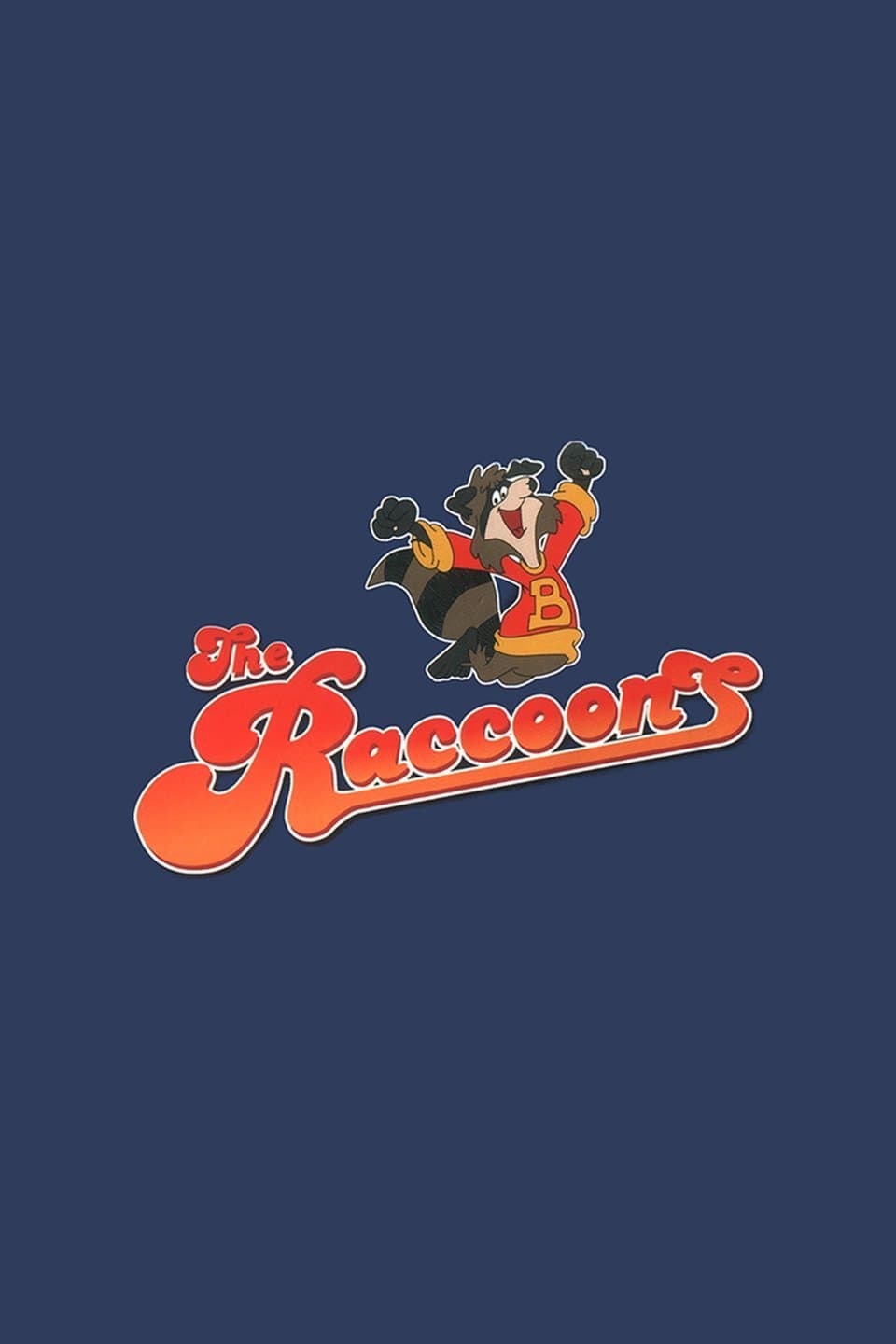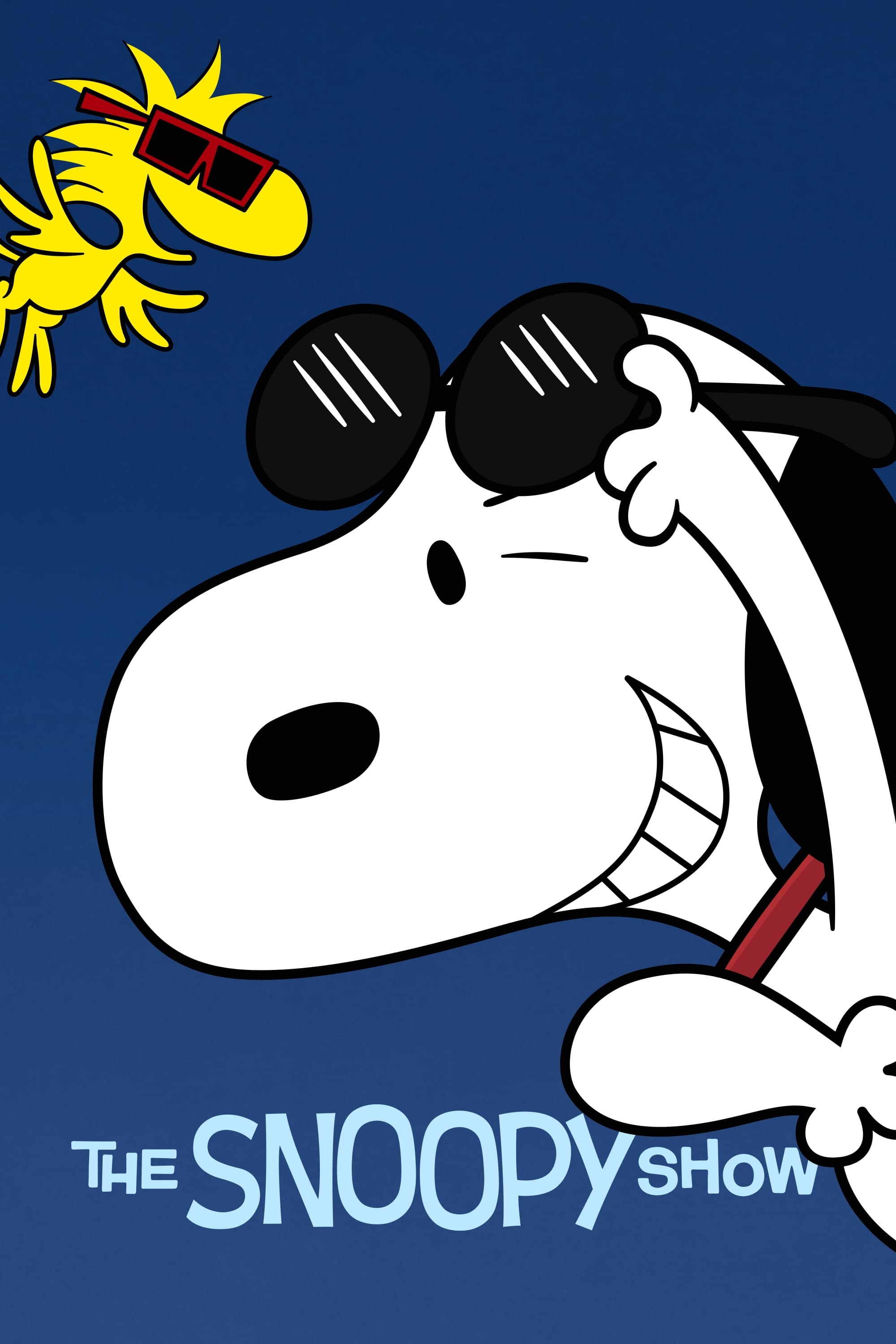![Franziska Pietsch, Detlev Eisinger - Prokofiev: Works for Violin & Piano (2016) [Official Digital Download 24bit/44,1kHz] Download](https://i0.wp.com/imghd.xyz/images/2022/10/23/4022143977229_600.jpg?resize=500%2C500&ssl=1)
Franziska Pietsch, Detlev Eisinger – Prokofiev: Works for Violin & Piano (2016)
FLAC (tracks) 24 bit/44,1 kHz | Time – 01:08:44 minutes | 653 MB | Genre: Classical
Studio Masters, Official Digital Download | Digital Booklet, Front Cover | © audite Musikproduktion
Following the successful release of the Grieg Violin Sonatas, Franziska Pietsch and her piano partner Detlev Eisinger now present music by Sergei Prokofiev on the audite label. His works reflect facets of her own biography to a significant degree. As an emerging talent in the GDR, Franziska Pietsch enjoyed special state support; her musical training was thus initially shaped by the Eastern European school, bringing Prokofiev’s music close to her heart. His two Violin Sonatas appear as two contrasting poles within his oeuvre – her life has also moved between extremes. The state support led to early success in the GDR. However, her father’s escape to the West in 1984 was followed by two years of reprisals by the regime, intensively shaping Franziska Pietsch’s understanding of music: deprived of any possibility of playing concerts or taking lessons, her chosen path towards hope – against desperation, refusal, fear and despotism – led inwards. Music became the only language in which she was able to express herself freely and which gave her the necessary strength to withstand external circumstances, continuing to hope for freedom. These were the origins of the intensity and artistic depth which characterise Franziska Pietsch’s playing to the present day.
The two Violin Sonatas, written largely between 1938 and 1946 after Prokofiev’s return to the Soviet Union, could not be more contrary: No 1 in F minor, Prokofiev’s “Appassionata”, is a tragic piece, whilst No 2 in D major, originally conceived for flute and piano, is predominantly joyful and serene. Prokofiev arranged it himself, with David Oistrakh advising him. The reworked version of the Cinq mélodies, composed in 1919/20 for voice (without text) and piano accompaniment, was also produced by Prokofiev himself. These chamber works expose three intrinsic aspects of his artistry: his ability to create a seamless, emotionally intense melodic line; his often concealed tragic side; and his classicist inclination.
(more…)

Franziska Pietsch, Maki Hayashida & Hila Karni – Hungarian Heights (2023)
FLAC (tracks) 24 bit/96 kHz | Time – 01:02:46 minutes | 1,04 GB | Genre: Classical
Studio Masters, Official Digital Download | Front Cover | © Odradek Records
Following the widespread critical success of their Odradek album Bartok: The Quiet Revolutionary, violist Franziska Pietsch – winner of an ICMA (International Classical Musical Award) in the Chamber Music category – and pianist Maki Hayashida, return with Hungarian Heights: music by Dohnanyi, Kodaly and Liszt, for which they are joined by cellist Hila Karni.
Read more
Franziska Pietsch & Maki Hayashida – Bartók: The Quiet Revolutionary (2021)
FLAC (tracks) 24 bit/96 kHz | Time – 01:03:02 minutes | 1021 MB | Genre: Classical
Studio Masters, Official Digital Download | Front Cover | © Odradek Records
Violinist Franziska Pietsch and pianist Maki Hayashida offer deeply personal readings of Bela Bartok’s magnificent Sonatas for violin and piano, and his irresistible ‘Romanian Folk Dances’.
Franziska Pietsch, recent winner of an ICMA (International Classical Musical Award) in the Chamber Music category, has long been drawn to Bartok’s music, fascinated by its elusive nature a sometimes austere surface concealing explosive forces within. She describes his music as “full of passion, energy, power, a furious rhythm, sublime melodies, ardour, forlornness and melancholy”, and brings each of these attributes to the fore in different sections of the two Violin Sonatas.
Read more
Franziska Pietsch – Strauss & Shostakovich: Sonatas for Violin and Piano (2019)
FLAC (tracks) 24 bit/96 kHz | Time – 01:03:58 minutes | 1,22 GB | Genre: Classical
Studio Masters, Official Digital Download | Front Cover | © audite Musikproduktion
As a reflection of the rise of a young 23-year-old musician with a bright future, Richard Strauss’ Violin Sonata in E-flat major, Op. 18 dates back to 1887-1888. As a protégé of Hans von Bülow who saw in him the great musician of the future, the young man made his debut as a conductor, an activity he would combine with composing throughout his life. Strauss studied the piano and the violin; here, he uses them both to purely expressive ends, dismissing any vain attempt at virtuosity. The writing is lyrical above all else, as evidenced by the harmonic and melodic turns that clearly prefigure his later lyrical works’ expression and convoluted melisma. Shostakovich’s Sonata for Violin and Piano in G major, Op. 134 is the complete antithesis of Strauss’. Composed in 1968 as a 60th-birthday present for great violinist David Oistrakh, it is the work of a sick composer, partially paralysed and suffering from lung cancer due to smoking. Accused of “formalism” and taxed as “enemy of the people” by Soviet leaders, Shostakovich wrote a painful, austere piece, the implacable and tragic confession of his own sadness. Born in the GDR in 1969, violinist Franziska Pietsch studied in Germany, then at the Juilliard School in New York before perfecting her craft with Ruggiero Ricci and Zakhar Bron. Her partner, Spanish pianist Josu de Solaun, has won several international prizes (Valencia, New York, Prague, Bucharest) and performs all around the world. – François Hudry
Read more
Franziska Pietsch – Works for Solo Violin: Bartók, Prokofiev & Ysaÿe (2018)
FLAC (tracks) 24 bit/96 kHz | Time – 01:04:17 minutes | 1,27 GB | Genre: Classical
Studio Masters, Official Digital Download | Front Cover | © audite Musikproduktion
Landmarks for Solo Violin: Franziska Pietsch’s recent recording of the Prokofiev Violin Concertos with large-scale orchestra is followed seemingly by the opposite: works for solo violin. What appears, at first sight, to be a contrast is in fact a logical continuation of her extensive discography, even an enhancement: whilst in her previous releases, Pietsch demonstrated her expressive range and intensive approach both as a brilliant soloist and as an eloquent chamber musician, she now faces the greatest possible reduction, namely a solo recital. This limitation demands incredible presence, power and intensity, for which Franziska Pietsch is predestined. From isolation, she draws depth and grounding; “less” becomes “more”; soleness transforms into greatness.
Read more
Franziska Pietsch – Fantasque – French Violin Sonatas by Fauré, Debussy, Ravel & Poulenc (2020)
FLAC (tracks) 24 bit/96 kHz | Time – 01:22:32 minutes | 1,48 GB | Genre: Classical
Studio Masters, Official Digital Download | Front Cover | © audite Musikproduktion
The second album by Franziska Pietsch and her Spanish piano partner Josu De Solaun is dedicated to the multifaceted world of French violin sonatas. With their usual aplomb and artistic intensity, the duo explore emotional landscapes complementing those of their previous album. Moving on from the exuberant revelry, serious tragedy and brutal reality of the sonatas by Strauss and Shostakovich, the musicians are now roving between the poles of dream and reality. Real experiences and emotions are reflected in a visionary dream world, external reality is mirrored internally. Inner emotions and images become reality via the music, triggering new emotions: dream and reality mirror each other. Fauré, Debussy, Ravel and Poulenc create this mirror world in diverse ways. The common theme is the fantastical, the magic of imagination, the poetic distance to reality and the intensive engagement with inner emotions. Thus the dream world becomes a retreat for listeners and artists alike.
Read more
























